Leadership
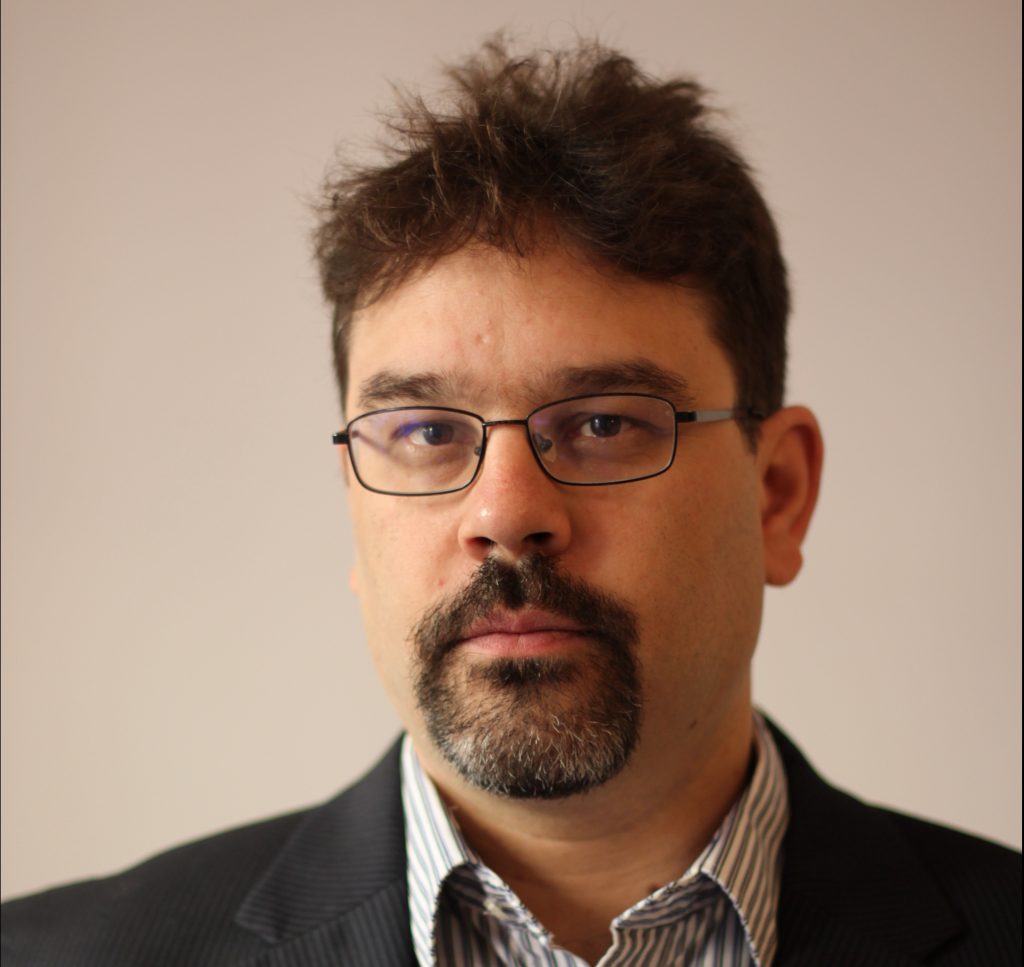
László Oroszlány, is a theoretical physicist and the leader of the TRILMAX consortium, serving as the node coordinator for Eötvös Loránd University (ELTE), Budapest. His expertise lies in the theoretical modeling of electronic and magnetic properties of novel materials, particularly van der Waals structures. With a strong background in computational physics and condensed matter research, he focuses on exploring the fundamental properties of low-dimensional magnetic materials, which are crucial for emerging technologies. He leads the consortium’s theoretical investigations into magnetic van der Waals materials and their potential applications in next-generation electronics.

Amador García-Fuente, is a theoretical physicist and the node coordinator for the University of Oviedo (UNIOVI), Spain, in the TRILMAX consortium. His research centers around the computational study of magnetic materials, focusing on spintronics and low-dimensional magnetic phenomena. Amador has been a key figure in advancing theoretical methods to predict the behavior of novel magnetic systems, including their potential for technological applications in data storage and quantum technologies. His contributions to the TRILMAX project involve developing advanced algorithms for simulating magnetic properties and collaborating closely with experimental teams to match theory with real-world observations.
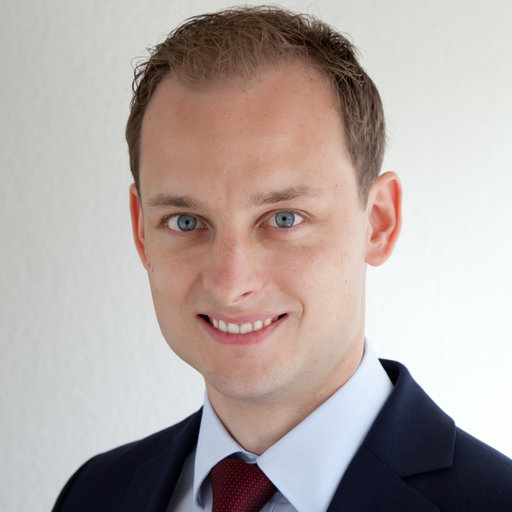
Felix Büttner is an experimental physicist at the Helmholtz-Zentrum Berlin (HZB), where he coordinates the node responsible for experimental characterization in the TRILMAX consortium. His research focuses on magnetic materials and nanostructures, with particular expertise in skyrmions and topological magnetic textures. Felix is renowned for his work using cutting-edge synchrotron techniques and x-ray microscopy to explore the behavior of two-dimensional magnetic materials. In the TRILMAX project, he leads the experimental efforts to fabricate and characterize van der Waals magnets, contributing to the understanding of their properties and potential applications in spintronic devices.

Efren Navarro-Moratalla is an experimental physicist and the node coordinator for the University of Valencia (UVEG), Spain, within the TRILMAX consortium. His research is focused on the preparation and characterization of two-dimensional magnetic materials. Efren has played a crucial role in the discovery and development of van der Waals magnets, contributing to the understanding of their magnetic properties and their potential in electronic applications. Within the consortium, Efren leads efforts in experimental sample preparation, providing high-quality magnetic van der Waals materials essential for both theoretical studies and device development.
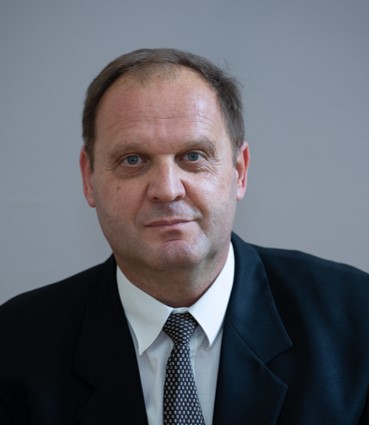
László Szunyogh is a physicist and the node coordinator for the Technical University of Budapest (BME), an associated partner in the TRILMAX consortium. His research expertise includes the theoretical modeling of magnetic systems, particularly focusing on spin-orbit coupling and magnetotransport phenomena. László has contributed significantly to the understanding of spin-dependent electronic transport and the development of computational methods for simulating complex magnetic materials. His role in the TRILMAX consortium is to support the theoretical framework and computational modeling efforts, helping to bridge the gap between theory and experiment in the study of magnetic van der Waals materials.
Project Management

Orsolya Bukovinszki is the project manager of TRILMAX, affiliated with Eötvös Loránd University. She oversees the day-to-day activities of the consortium, ensuring smooth coordination across all partners and managing the operational aspects of the project.
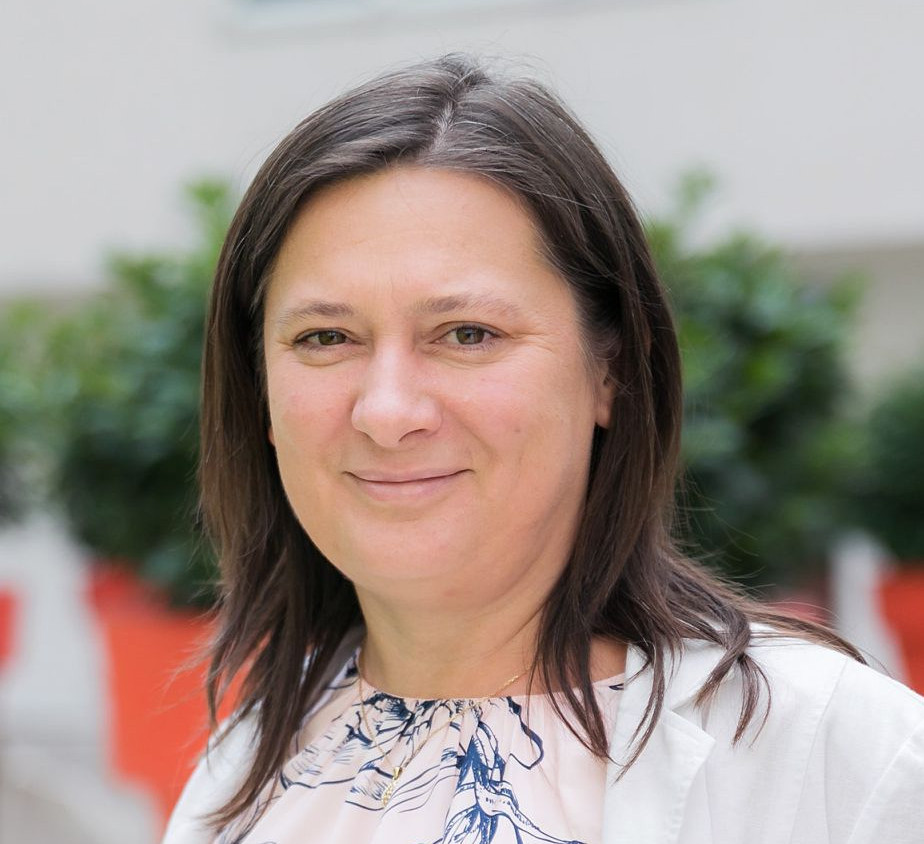
Szonja Csuzdi is associated with the Dean’s Office at the Faculty of Science, of ELTE. As the faculty support officer, she specializes in securing EU funding and plays a key role in assisting researchers with proposal preparation and submission for international projects.

Eitan Dabah is a seasoned project management expert at Helmholtz-Zentrum Berlin (HZB), responsible for proposal preparation. In TRILMAX, Eitan organizes management training for ELTE administrators, sharing his expertise to strengthen ELTE’s project management capacities.
Advisory Board
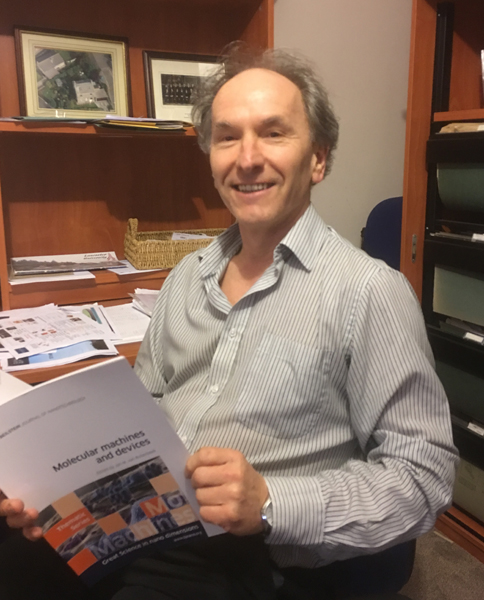
Colin Lambert is a distinguished physicist and a professor at Lancaster University, specializing in quantum transport and nanotechnology. His research focuses on quantum coherence and charge transport in molecular systems, with an emphasis on understanding electronic, thermal, and spin transport in nanoscale materials. Colin has made significant contributions to the development of theoretical frameworks that describe quantum effects in molecular electronics, which are crucial for advancing the design of nanoscale devices. Notably, Colin has an extensive track record in leading large-scale research consortia funded by the European Union, making him a key figure in driving collaborative research across institutions. His experience in managing complex EU-funded projects offers invaluable guidance to TRILMAX in its goal to elevate ELTE’s capacity to become a leading EU consortium coordinator.
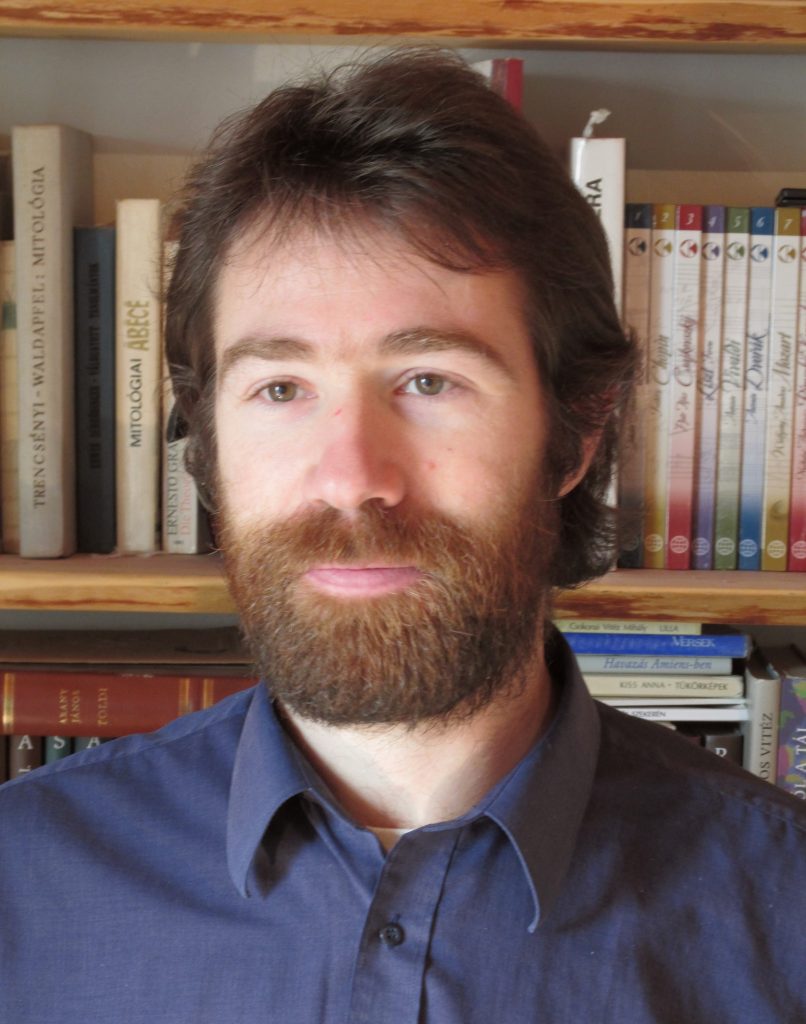
István Kézsmárki is a renowned experimental physicist at the University of Augsburg, Germany, and an expert in multiferroic and magnetoelectric materials. His research focuses on the study of complex magnetic systems, including multiferroics, skyrmion-hosting materials, and materials with strong spin-orbit coupling. István is particularly well-known for his work on non-centrosymmetric magnets and their unique electronic and magnetic properties. In addition to his scientific expertise, István has actively participated in several international consortia, contributing to key collaborative research projects in Europe. As an advisory board member of the TRILMAX consortium, István offers his expertise in experimental techniques and magnetic material characterization while providing valuable insights into managing international scientific collaborations.
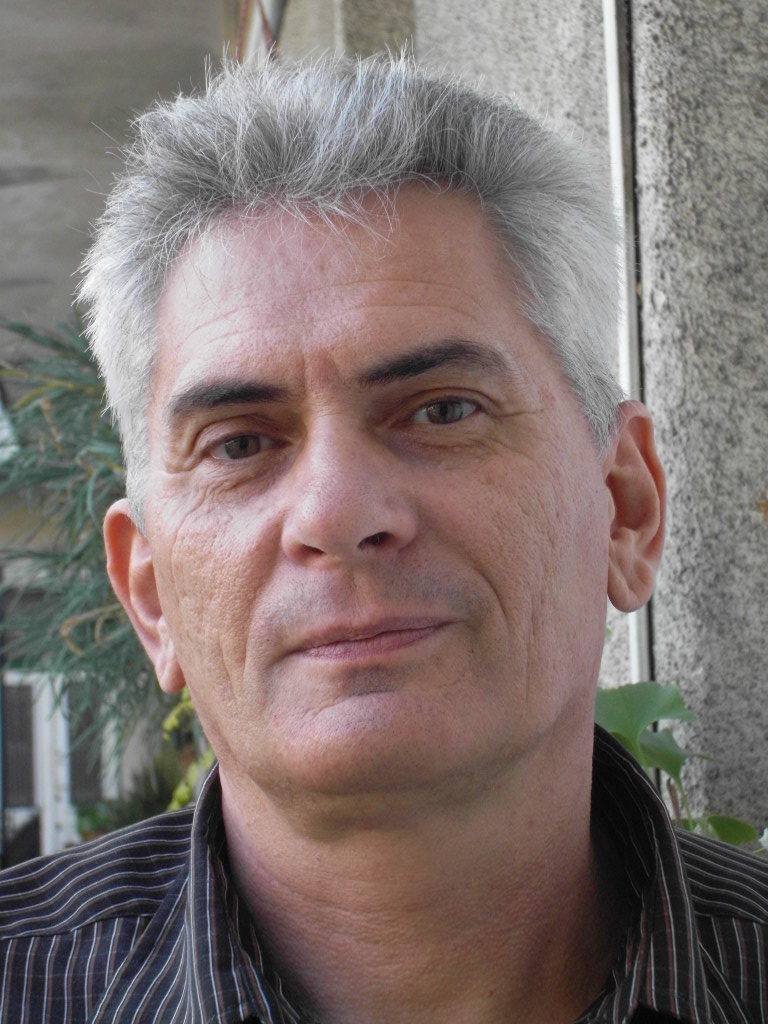
József Cserti is a professor of theoretical physics at Eötvös Loránd University (ELTE) in Budapest, with a research focus on condensed matter physics and mesoscopic systems. His work spans various areas, including electron transport in low-dimensional systems, quantum Hall effects, and the behavior of electrons in graphene and other two-dimensional materials. József has contributed to the understanding of how quantum mechanical effects influence electron dynamics in nanostructures, which is essential for the development of nanoscale electronic devices. As a member of several European research networks, József brings his deep theoretical knowledge to the advisory board of TRILMAX, providing strategic advice not only on modeling electron behavior in magnetic van der Waals materials but also on fostering ELTE’s leadership in EU scientific consortia.
Participating Scientists
Eötvös Loránd University
Senior Staff
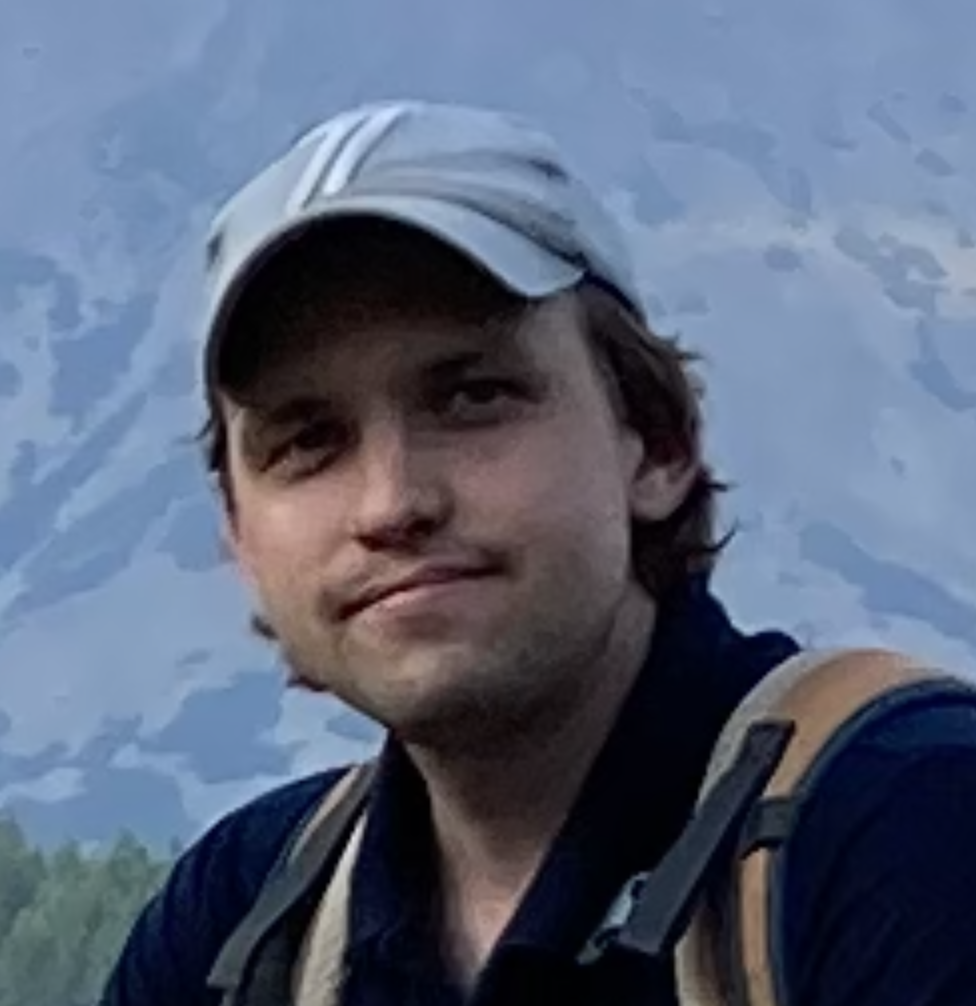
Zoltán Takov is a physicist at ELTE, specializing in computational modeling and the study of condensed matter systems. He has expertise in electronic structure calculations, focusing on low-dimensional materials and their magnetic and electronic properties.

János Koltai is a physicist at ELTE, focusing on the computational simulation of condensed matter systems, particularly the electronic and magnetic properties of two-dimensional materials. His expertise also includes simulating Raman spectra, which provides insights into the vibrational properties of materials, aiding in their experimental characterization.
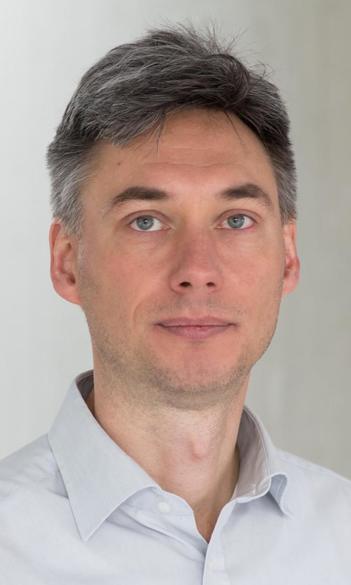
Andor Kormányos is a theoretical physicist at ELTE, specializing in quantum transport and spintronics. His work primarily involves modeling the behavior of charge carriers in low-dimensional systems, such as graphene and other two-dimensional materials.
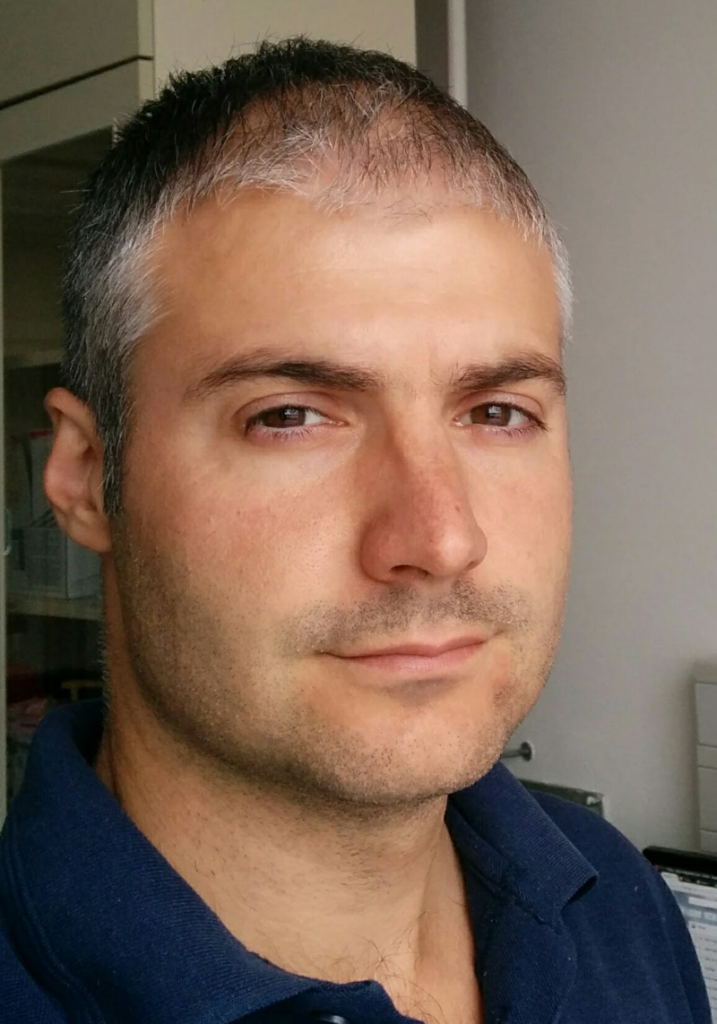
Dávid Visontai is a physicist at ELTE and one of the key architects behind Kooplex, a platform designed to facilitate collaborative data science. In addition to his work in quantum mechanical modeling of novel materials, Dávid’s contributions to Kooplex support efficient data management and collaboration for scientific research teams.
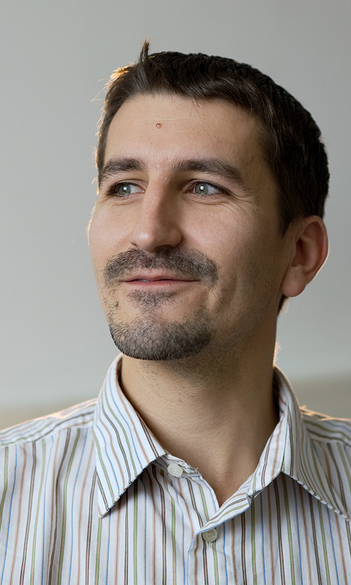
József Stéger is a researcher at ELTE specializing in data science. As one of the key architects of Kooplex, a platform designed to support collaborative data-driven research, he has played a significant role in facilitating teamwork across scientific disciplines. His work focuses on developing advanced tools and methodologies for data science, enabling more efficient and effective collaboration in research projects.
Students
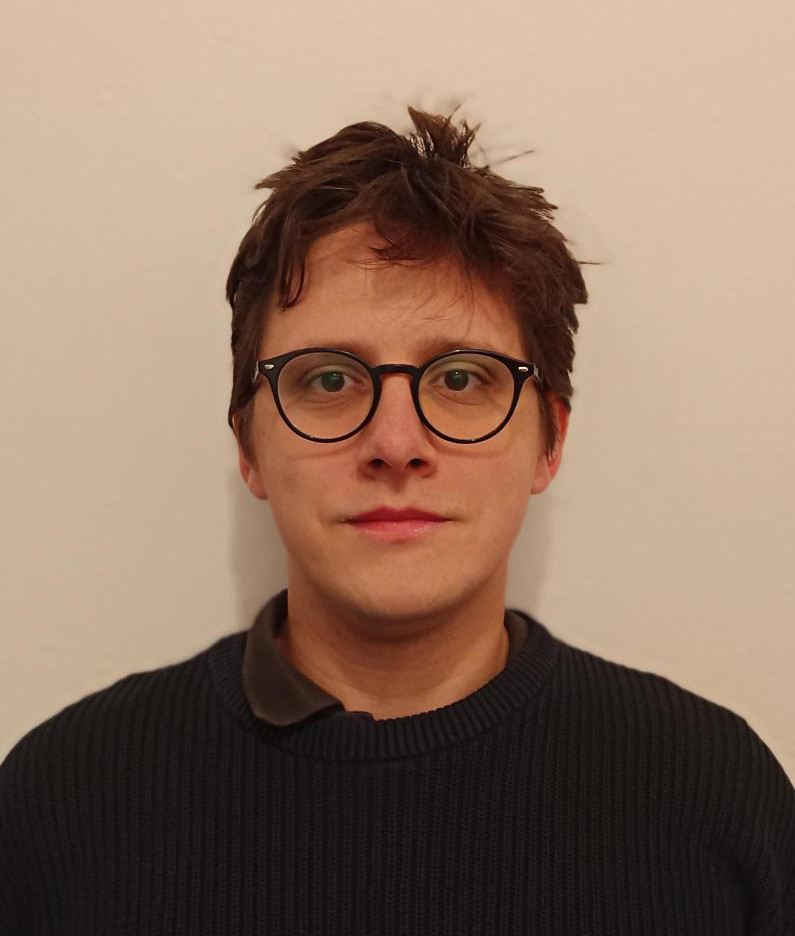
András Balogh is a PhD student specializng in ab initio calculations of large scale van der Waals heterostructures.
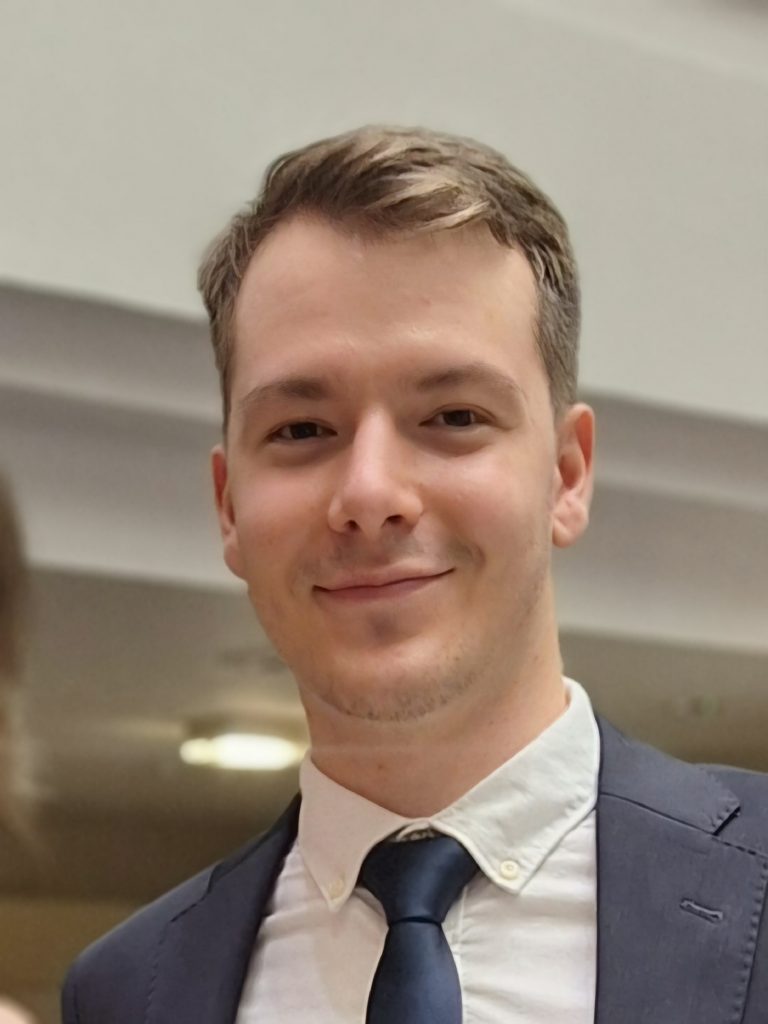
Dániel Pozsár is a PhD student specializing in ab initio magnetism and novel 2D magnetic systems.
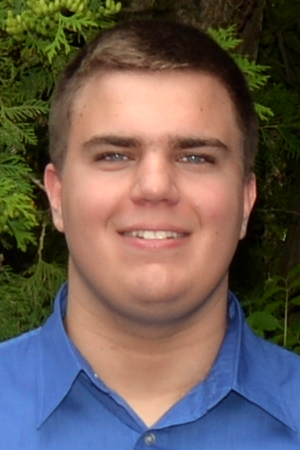
Tamás Véber is a MSc student specializnig in spin transport properties of low dimensional heterostructures.
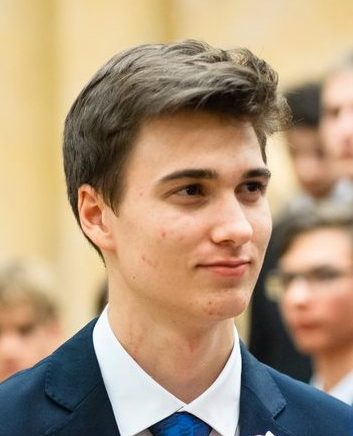
Marcell Sipos is a BSc student specializing in atomistic spin dynamics calculations.
University of Oviedo
Senior Staff

Jaime Ferrer is a professor of theoretical physics at the University of Oviedo, specializing in the computational modeling of electronic transport and magnetic properties of nanostructures. His research focuses on understanding the quantum behavior of materials and their applications in spintronics and low-dimensional systems, contributing to theoretical frameworks that underpin technological advancements in these fields.
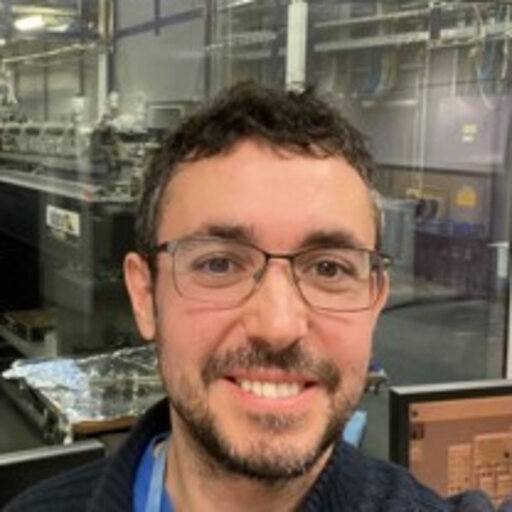
Aurelio Hierro Rodriguez is an experimental physicist at the University of Oviedo, with expertise in the characterization of magnetic materials. His research focuses on the dynamic properties of magnetic nanostructures, utilizing advanced experimental techniques to study spintronic phenomena and the behavior of magnetic domains in thin films and low-dimensional materials.

Balázs Nagyfalusi a post-doc at the University of Oviedo. His research focuses on theoretical condensed matter physics, particularly in the study of magnetic materials and spintronics. Balázs has worked extensively with computational methods to explore the magnetic properties of low-dimensional systems, contributing to advancements in understanding spin dynamics and magnetic interactions at the atomic scale.
Students
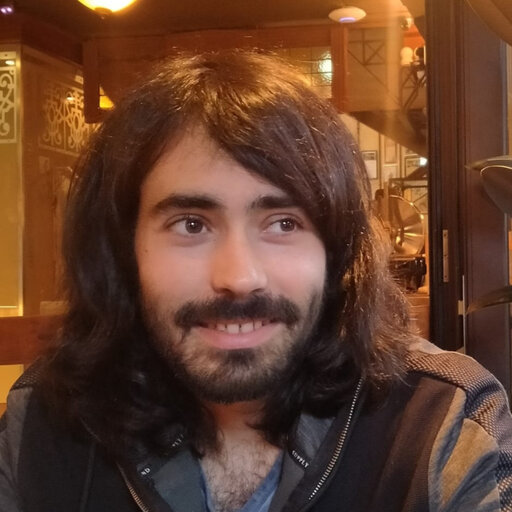
Gabriel Martinez-Carracedo is a senior PhD student at the University of Oviedo, working in theoretical physics. His research involves the study of magnetic exchange interactions and quantum transport in two-dimensional materials, contributing to the theoretical understanding of these systems for potential applications in next-generation electronic devices.
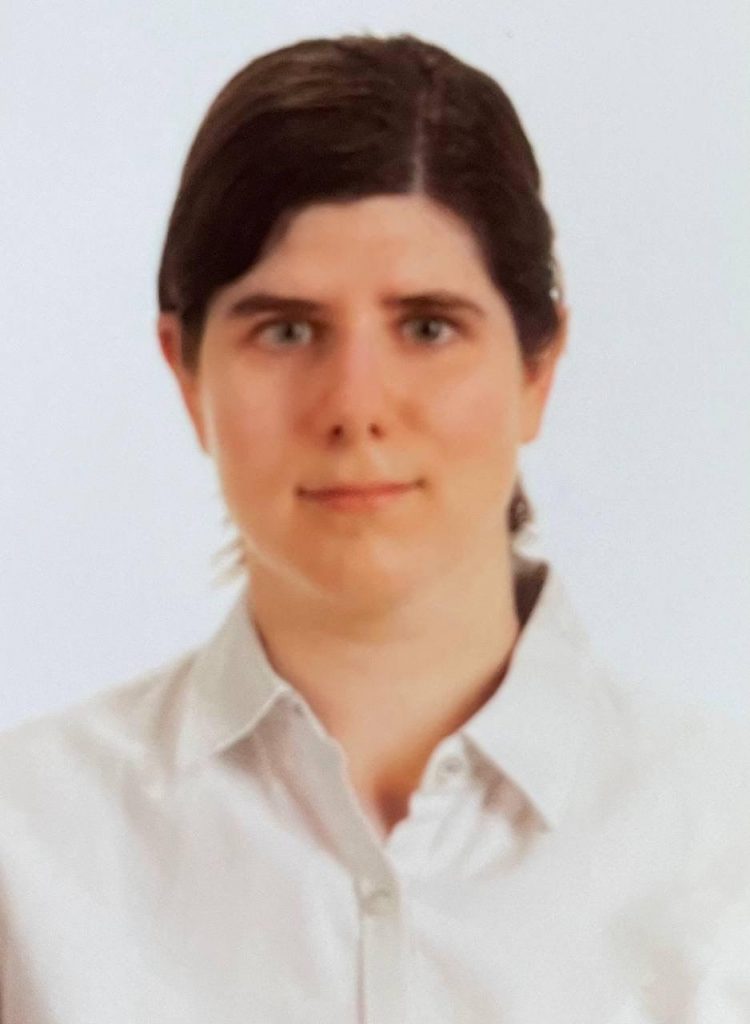
Rosa Eulalia González Ferreras is a PhD student specializing in atomistic spin dynamics calculations.
Helmholtz-Zentrum Berlin
Senior Staff
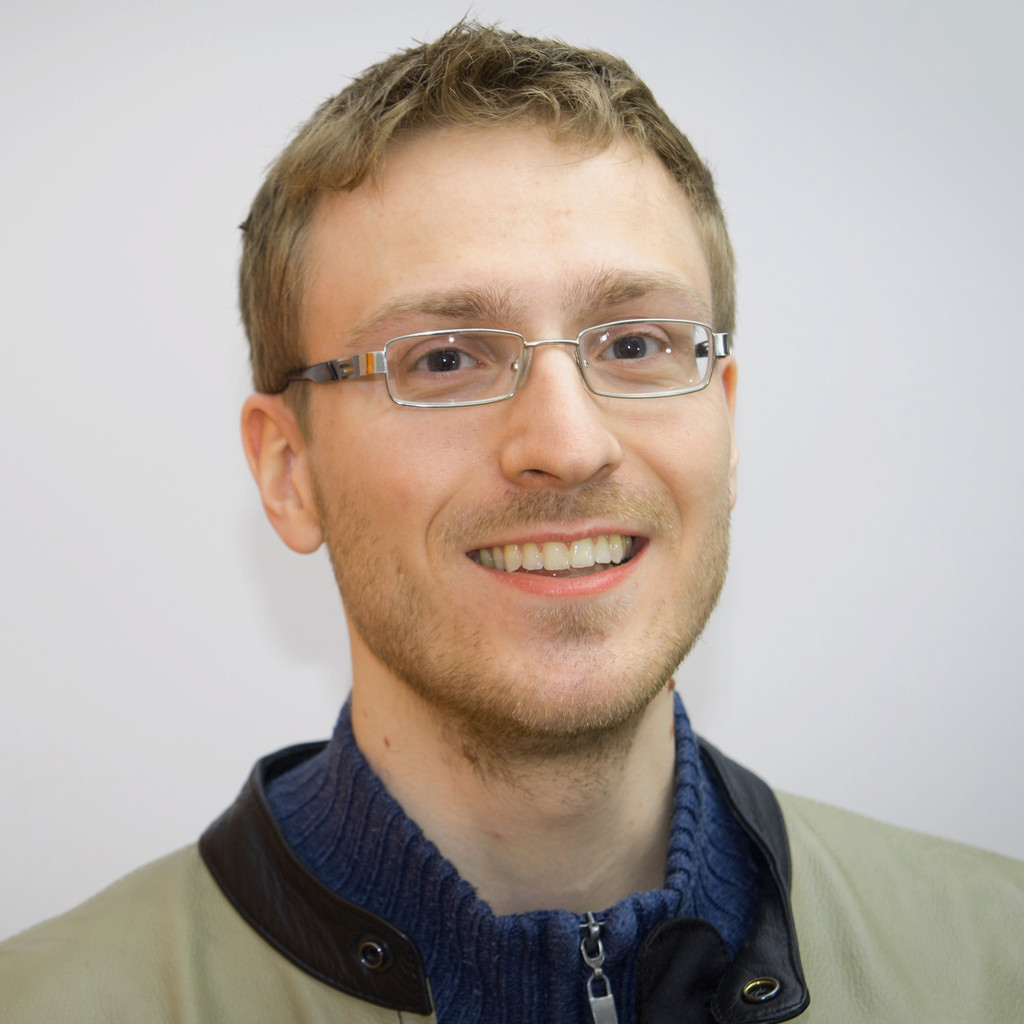
Kai Litzius is a physicist at Helmholtz-Zentrum Berlin (HZB), specializing in the experimental study of magnetic materials, with a focus on skyrmions and spintronic applications. His work involves using advanced imaging techniques, such as X-ray microscopy, to explore the behavior of topological magnetic textures in nanoscale systems, contributing to the development of next-generation spintronic devices.
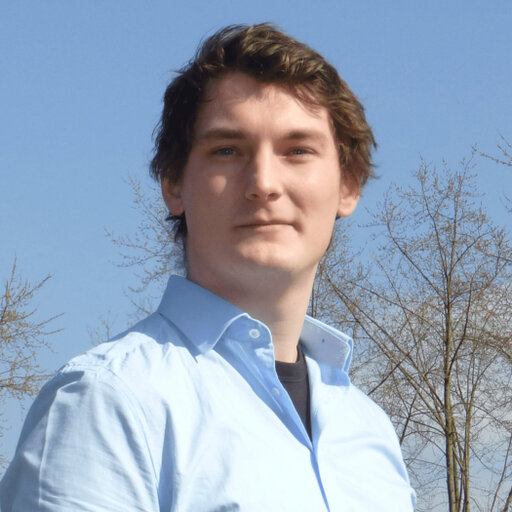
Steffen Wittrock is a researcher at HZB, focusing on the experimental characterization of magnetic materials. His expertise lies in using small-angle X-ray scattering (SAXS) and other cutting-edge techniques to study the properties and dynamics of magnetic systems, particularly in the context of magnon spectra and other quantum phenomena relevant to two-dimensional magnetic materials.
Students
University of Valencia
Senior Staff
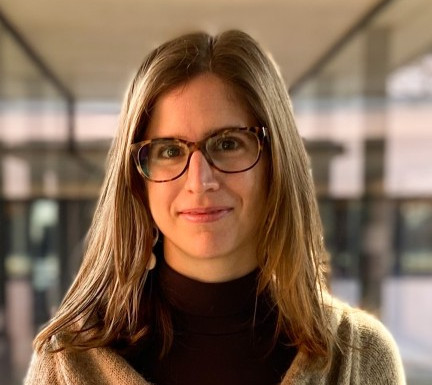
Marta Galbiati is a senior scientist at the University of Valencia, specializing in the experimental study of two-dimensional magnetic materials. Her research focuses on the fabrication and characterization of van der Waals magnets, with the goal of advancing their applications in spintronics and low-power electronic devices.
Students

Jose Joaquin Perez Grau is a PhD student specializing in the synthesis and characterization of 2D magnetic heterostructures.
Budapest University of Technology and Economics
Senior Staff
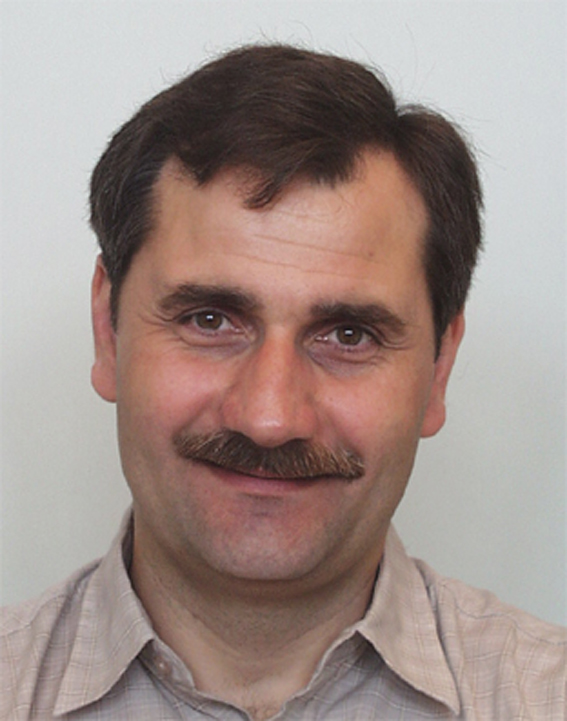
László Udvardi is a senior scientist at the Budapest University of Technology and Economics, specializing in theoretical condensed matter physics. His research focuses on the computational modeling of magnetic interactions, particularly in low-dimensional systems and surfaces. László has made significant contributions to the understanding of spin dynamics and the magnetic properties of materials, utilizing advanced theoretical approaches such as density functional theory to investigate complex magnetic phenomena.
Students

Anjali Jyothi Bhasu is a PhD student specializing in ab initio marnetism and novel 2D magnetic systems.
